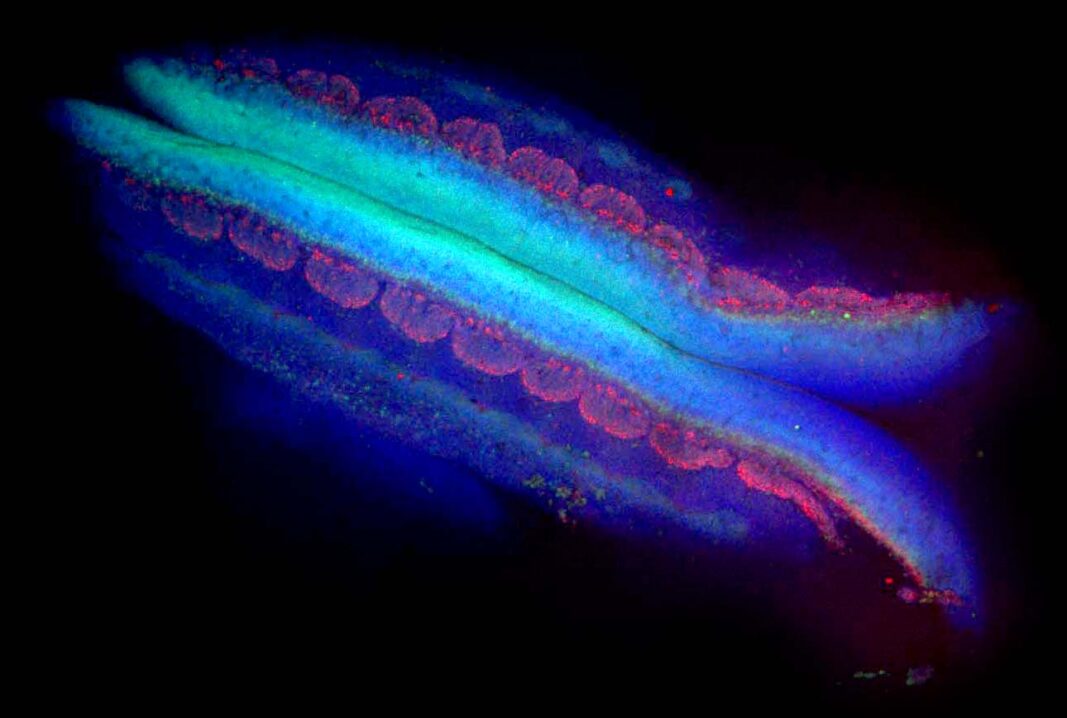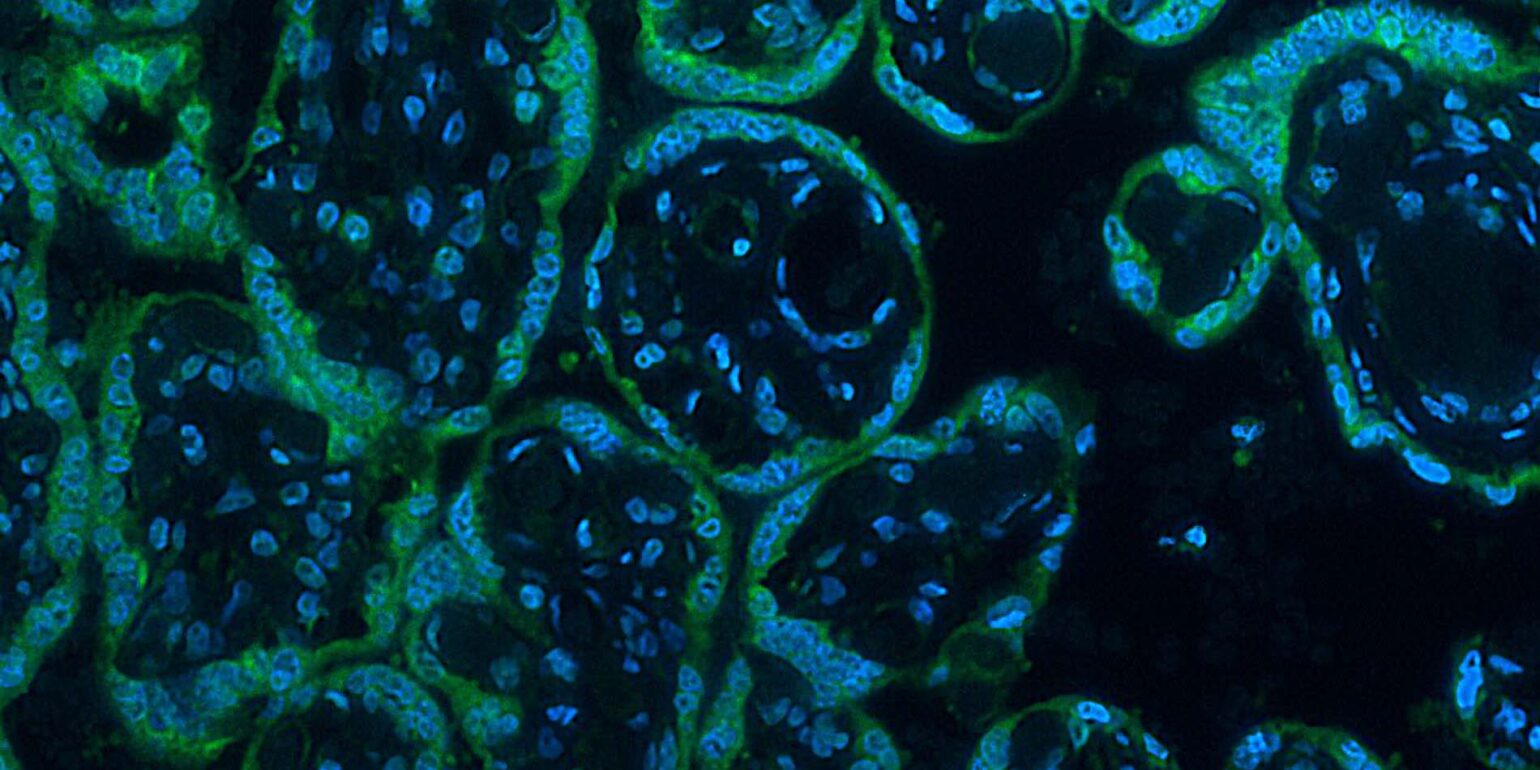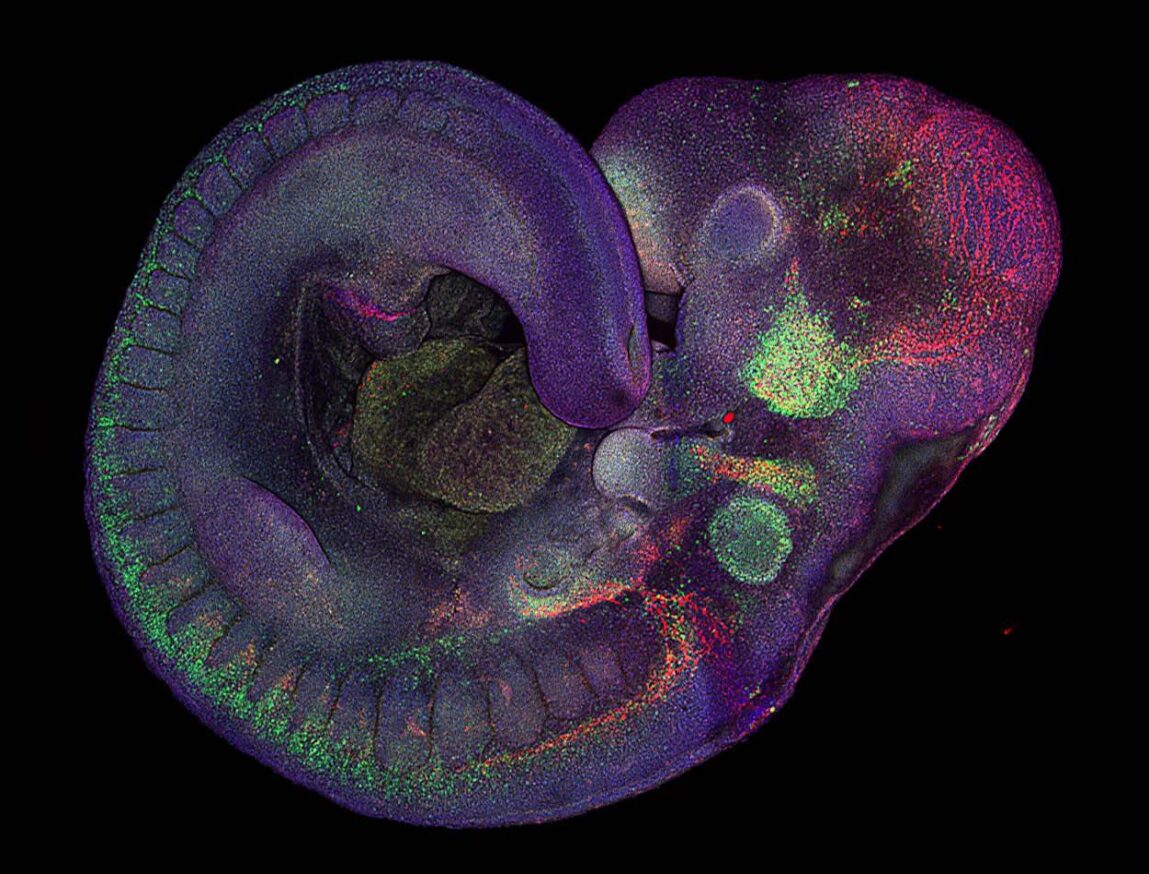
The Finnell/Cabrera Lab
Baylor College of Medicine

developing insights into understanding
and ultimately preventing birth defects

Learn more about our research
Our Research Focus
Research in the Finnell/Cabrera Laboratory mainly focuses on genetic susceptibility to environmentally-induced complex congenital anomalies. The laboratory uses genome editing approaches, stem cell biology and next generation DNA sequencing to develop insights into the understanding and ultimately the prevention of birth defects. The goal of our work is to develop better means of identifying high-risk pregnancies and to optimize the use of nutritional factors such as folic acid to prevent preventable birth defects without causing adverse health effects on the population at large.
Folic Acid and Birth Defects
The laboratory is primarily engaged in understanding the beneficial effects of women taking a multivitamin containing the B vitamin folic acid. We want to know how it protects developing babies from having birth defects, and why it is not effective in some pregnancies. Folate metabolism can exert a lasting impact on gene expression by influencing DNA methylation, making it imperative that we understand the ramifications of blanket folic acid supplementation. Enhanced capabilities for assessment of individual risk for developing folate responsive birth defects would permit prevention regimens to be tailored to individuals.
Affiliations
We are proud members of Baylor College of Medicine and Shanghai Institute of Medical Genetics, Jiaotong University School of Medicine.